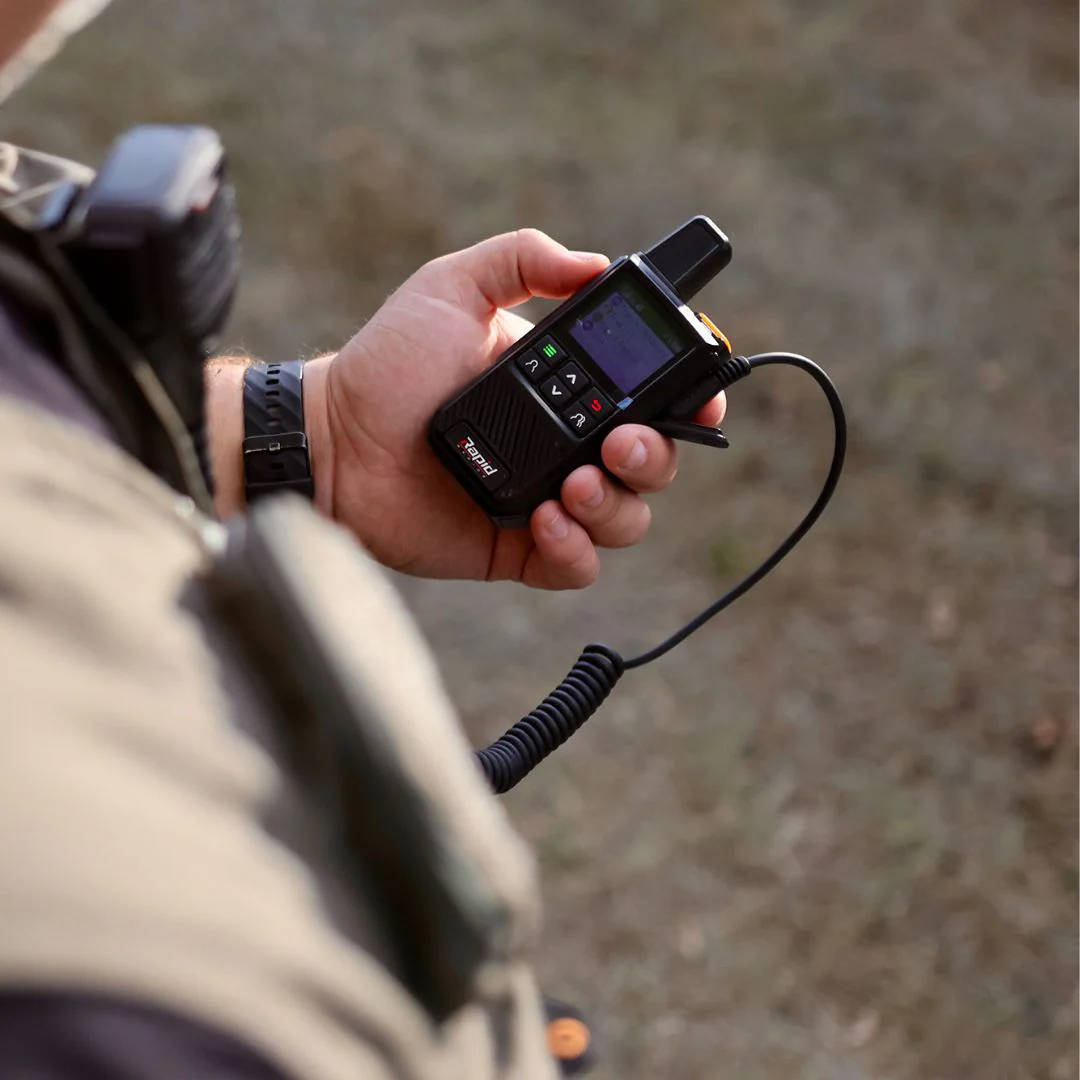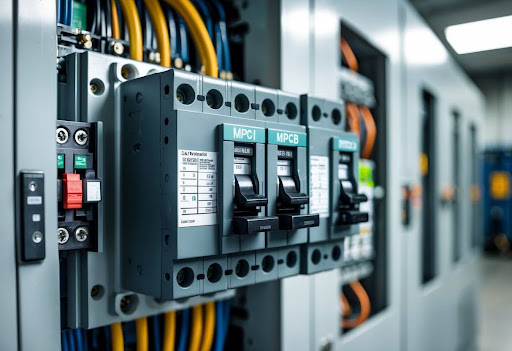You’re halfway through your shift when the screen flashes low battery. No spare. No charger. And no backup plan.
Cue the radio silence—and the rising stress.
In the field, communication breakdowns don’t just cause delays. They cause safety issues, missed deadlines, and logistical chaos. For teams that rely on two way radios, battery life isn’t a nice-to-have—it’s mission critical.
But here’s the thing: most battery issues are preventable. With the right habits and a little prep, you can stretch every charge, avoid mid-shift dropouts, and keep your comms flowing until the job is done.
Here’s how to get the most out of your two-way radio batteries—without playing charge roulette.
1. Start With the Right Battery Type
Not all batteries are built equal.
The most common battery types for two way radios are:
- Lithium-ion (Li-ion): Lightweight, fast-charging, and durable. These are the gold standard for most modern radios.
- Nickel-metal hydride (NiMH): Heavier, more affordable, and better for certain environmental regulations—but slower to charge and more prone to memory effect.
- Alkaline (disposable): Ideal for emergency use or remote trips when charging isn’t an option.
If you’re still using outdated NiCd (Nickel-Cadmium) batteries—consider retiring them. They suffer from memory effect and have shorter overall life cycles. In short: they don’t age gracefully.
2. Don’t Just Charge—Charge Smart
Yes, overcharging is still a thing—even with smarter chargers.
Here’s how to avoid battery burnout:
- Unplug after full charge. Leaving radios on the dock for days shortens battery lifespan.
- Avoid constant topping off. Let batteries discharge a bit before recharging—this helps preserve long-term health.
- Use manufacturer-approved chargers. Cheap knockoffs often charge too fast or overheat cells. Not worth the risk.
If you’re using radios daily, invest in multi-slot smart chargers with LED indicators. Your batteries (and your crew) will thank you.
3. Rotate Your Batteries Like Tires
Got spares? Great. Are you rotating them evenly?
Battery rotation ensures no single unit gets overworked while others sit unused. Use a simple labeling system (date, number, or shift) and track usage to distribute wear.
Batteries have a limited number of charge cycles—use them all wisely.
4. Environmental Awareness = Longer Life
Batteries don’t like extremes. And guess what fieldwork often involves? Exactly that.
Tips for battery survival:
- Cold weather drains batteries faster. Keep spares warm by storing them in inner pockets or insulated cases.
- Excessive heat shortens life span. Avoid leaving radios or chargers in hot vehicles or direct sun.
- Humidity is a hidden enemy. Moisture can corrode contacts—especially on radios stored in damp gear bags.
Treat your batteries like tools, not afterthoughts. Where you store them matters.
5. Keep Contacts Clean and Tight
Battery issues aren’t always about charge. Sometimes, it’s the connection.
- Inspect terminals regularly for corrosion or grime.
- Clean contacts gently with a dry cloth or cotton swab dipped in rubbing alcohol.
- Ensure the battery fits snugly—loose connections lead to unreliable power flow.
Think of it as preventative maintenance. It takes two minutes and saves you from an hour of frustration.
6. Know the Signs of Battery Decline
Batteries don’t last forever. Eventually, even the best ones start to show their age.
Watch for:
- Shorter runtimes
- Random shut-offs
- Heat during charging
- Warping or bulging (this one’s serious—retire it immediately)
If any of these crop up, it’s time to replace. A dying battery in the field isn’t just inconvenient—it’s a weak link in your entire operation.
7. Emergency Protocols: Plan B (and C)
Stuff happens. Chargers get forgotten. Batteries get drained faster than expected. Be ready.
- Always pack at least one fully charged spare per radio.
- If your team uses disposable battery adapters, keep a stash of alkalines on hand.
- Set a battery check-in schedule—midday is a good reset point.
It’s not just about uptime. It’s about trust. Your team needs to know their radios won’t fail when it matters.
Final Word: Keep the Power On
In the field, uptime isn’t a luxury. It’s the difference between smooth execution and radio silence.
Smart battery habits turn your two way radios from “mostly reliable” to bulletproof.
So charge with intention. Rotate with discipline. And replace before failure, not after.
Because the job doesn’t stop—and your communication shouldn’t either.





